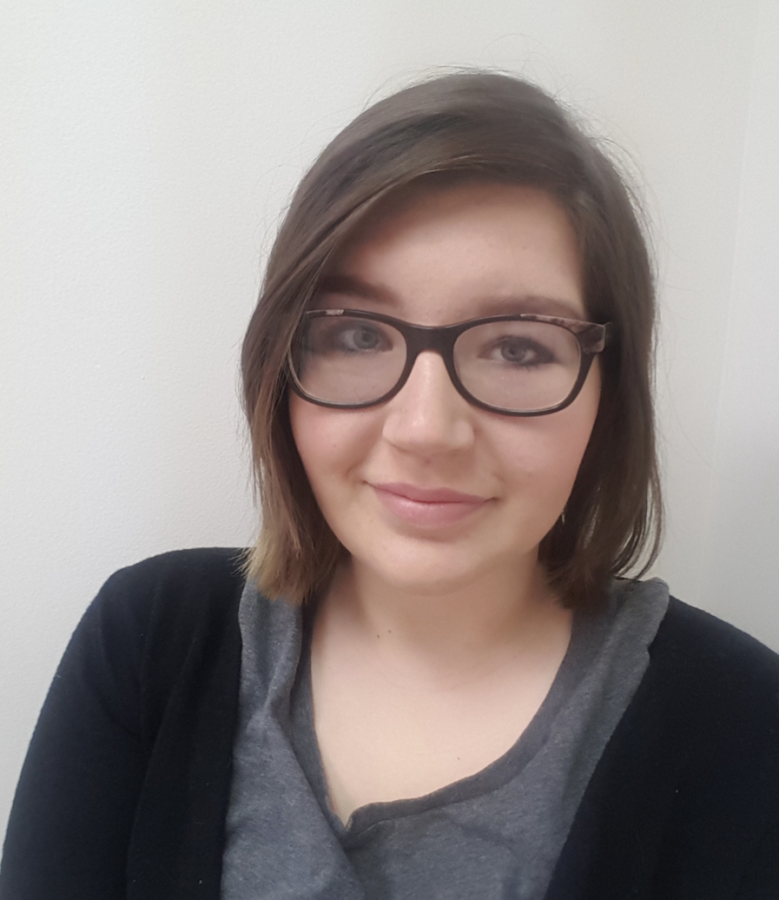Opinion: White saviors never save the day
March 19, 2017
When discussing oppression in the United States, some individuals tend to reply with comments comparing the power imbalances in the U.S. to that of other countries.
Recently, as I scrolled through comments on a video from the Women’s March in Cincinnati, I noticed that nearly every single comment against the march said something along the lines of, “Women in America are NOT oppressed! Go to Muslim countries and take care of the women in hijabs being killed because of Sharia law! THEY are oppressed!”
Viewpoints like that are misinformed for a number of reasons.
Although I cannot speak for women who wear hijab, I will elevate some of the opinions I have heard during conversations with women who wear hijab. The women I talked to in Morocco were empowered by wearing hijab; they felt it was a way for them to claim their femininity and womanhood because hijab is more than a piece of cloth, more than a piece of clothing and more than a head scarf.
Those of us who do not live in a culture in which hijab is normal cannot possibly fully understand the significance of such, and to presume we know that hijab is oppressive is absurd.
While there certainly are women being oppressed in horrific ways in countries other than our own, their pain does not eliminate ours. The existence of their oppression does not lessen our oppression. And while it is nice to know people pretend to care about these women, I only wish the same people saying we should focus on women who are “actually oppressed” in other countries were not the same people who support the travel ban against women from those countries.
Besides the blatant disregard for cultural differences and the awful stereotypes perpetuated by such ignorance, these comments also highlight a phenomenon given name in the book “The Ugly American.”
The phrase is typically used to describe U.S. citizens traveling abroad, but it is also applicable in this situation. “The Ugly American” describes the way in which both individual Americans and the U.S. as a country tend to believe it is morally, educationally and systematically superior to other countries; because of this perceived superiority, the U.S. goes un-welcomed into other countries and tries to solve the problems the U.S. sees in them, without taking into account the host country’s wishes or cultural differences.
The concept of the ugly American is particularly notable in what is called “voluntourism,” or an individual from the U.S. taking a vacation to volunteer in a developing country.
Voluntourism is often a symptom of the white savior complex — when a white person helps the “poor, impoverished, oppressed” people of color in another country or in the U.S. itself. The individuals participating in voluntourism, acting like a white savior and perpetuating the idea of the ugly American may not realize they are doing so. They may even believe they are truly helping someone else.
There are effective ways to sustain positive change in countries and communities in which one does not live — check out Tostan’s methodology for a good example — but trying to apply one’s own moral code and culture to another is not one of those ways.
And writing a comment on a Facebook video with the specific purpose of undermining a necessary political movement by saying we need to “save the women being murdered by Islam” is not only unproductive but hateful in multiple ways.
Bobbie Szabo is a columnist, contact her at [email protected].












